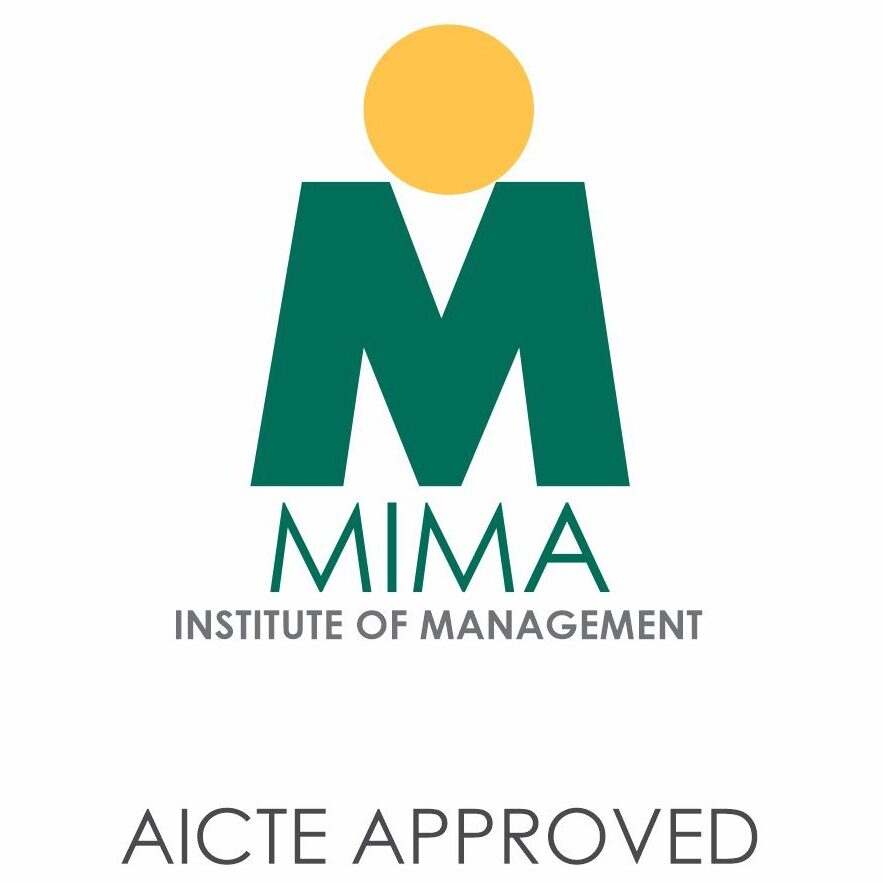Delegation isn’t just about assigning tasks—it’s about empowering your team, fostering growth, and maximizing collective output. By mastering the art of delegation, leaders can unlock the full potential of their team members and achieve greater efficiency, productivity, and success. Let’s explore the principles and strategies of effective delegation for empowering teams and maximizing output.
Understand Your Team’s Strengths: Start by understanding the strengths, skills, and capabilities of each team member. Assess their expertise, interests, and areas for development to determine the best fit for delegated tasks. Matching tasks to individual strengths ensures that each team member can contribute effectively and excel in their assigned responsibilities.
Clarify Goals and Expectations: Clearly communicate the goals, objectives, and expectations associated with delegated tasks. Provide context and background information to help team members understand the purpose and significance of their assignments. Articulate desired outcomes, deadlines, and performance metrics to ensure alignment and accountability.
Provide Adequate Resources and Support: Empower your team members by providing the necessary resources, tools, and support to successfully complete delegated tasks. Offer guidance, training, and mentorship as needed to help them develop the skills and confidence required to excel in their roles. Create a supportive environment where team members feel comfortable seeking help and asking questions.
Grant Autonomy and Decision-Making Authority: Trust your team members to make decisions and take ownership of their delegated tasks. Grant them autonomy and decision-making authority within their areas of responsibility, allowing them to exercise creativity, initiative, and problem-solving skills. Empowering team members to make decisions fosters a sense of ownership and accountability, driving motivation and engagement.
Establish Clear Communication Channels: Maintain open lines of communication throughout the delegation process to ensure clarity, transparency, and alignment. Encourage regular check-ins, progress updates, and feedback sessions to monitor progress, address challenges, and provide support as needed. Foster a culture of collaboration and communication where team members feel comfortable sharing updates, asking questions, and seeking clarification.
Recognize and Celebrate Achievements: Acknowledge and celebrate the achievements and successes of your team members in completing delegated tasks. Recognize their contributions, efforts, and accomplishments openly and publicly, reinforcing a culture of appreciation and recognition. Celebrating achievements boosts morale, motivation, and team cohesion, inspiring continued excellence and commitment.
Evaluate and Provide Feedback: After delegated tasks are completed, take time to evaluate performance and provide constructive feedback. Recognize strengths, identify areas for improvement, and offer guidance for future growth and development. Encourage a growth mindset and a commitment to continuous learning and improvement, both individually and collectively as a team.
By mastering the art of delegation, leaders can empower their teams to achieve greater efficiency, productivity, and success. By understanding team strengths, clarifying goals, providing support, granting autonomy, establishing clear communication channels, recognizing achievements, and providing feedback, leaders can maximize team output and unlock the full potential of their team members. Let’s embrace the power of delegation to empower our teams and drive collective success for better results.

